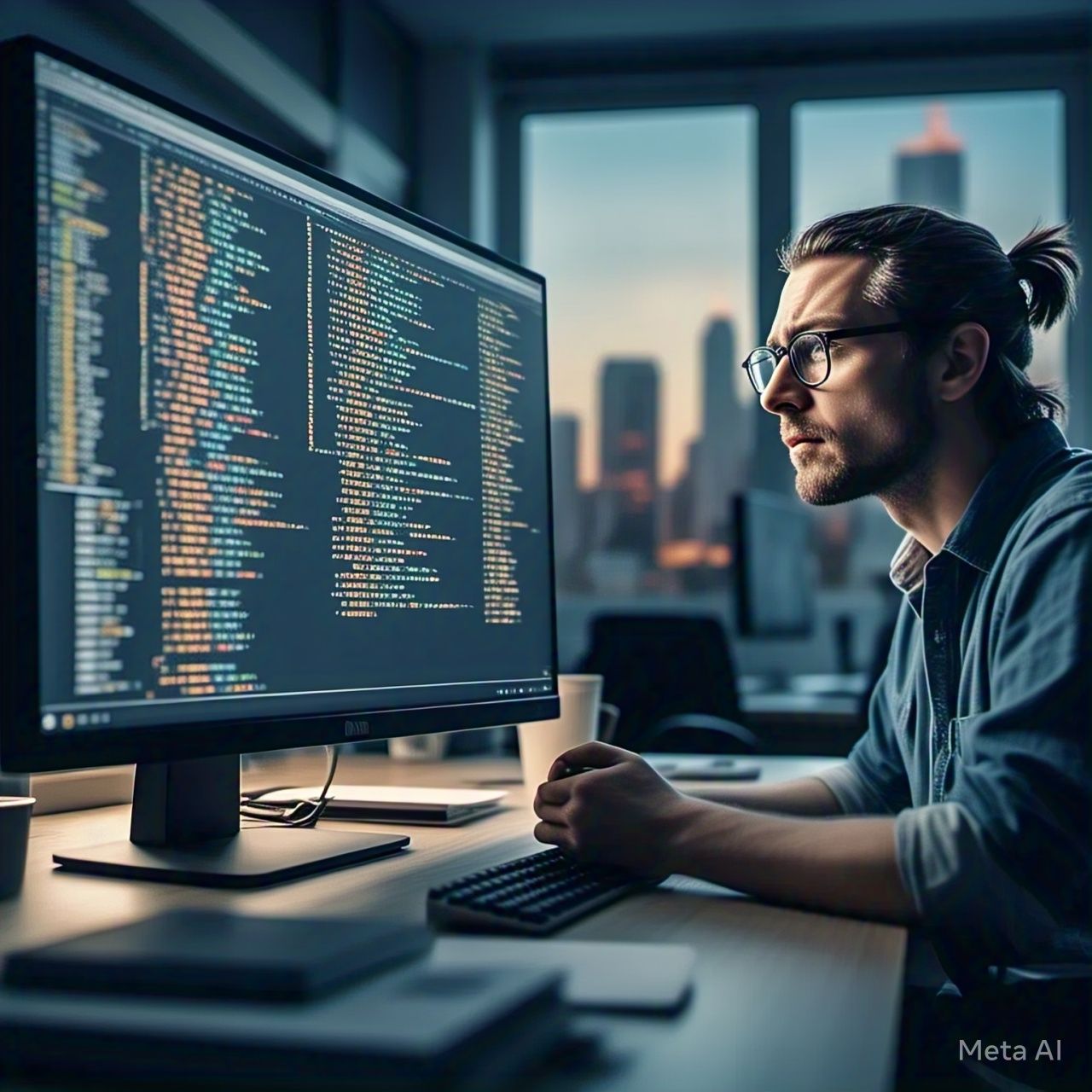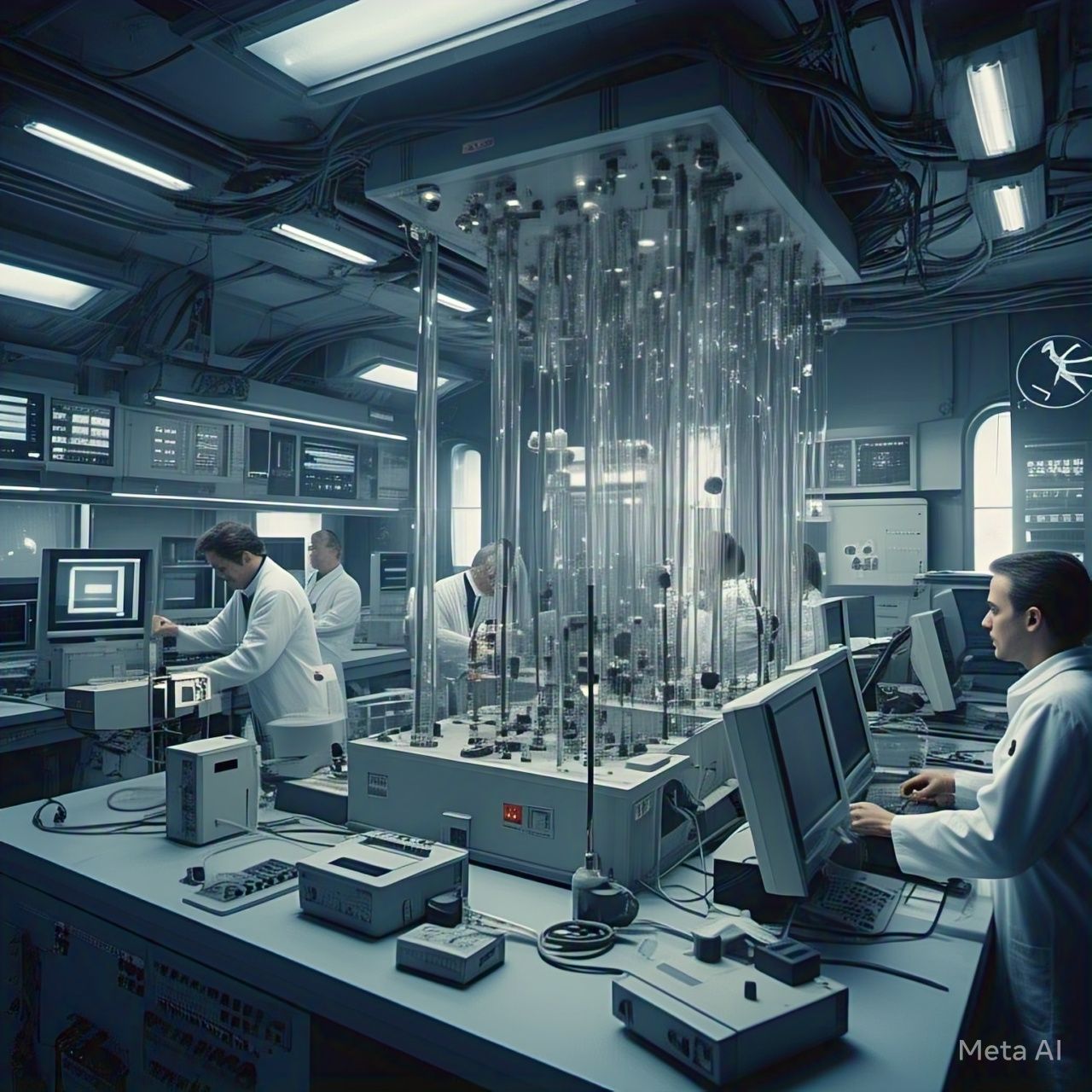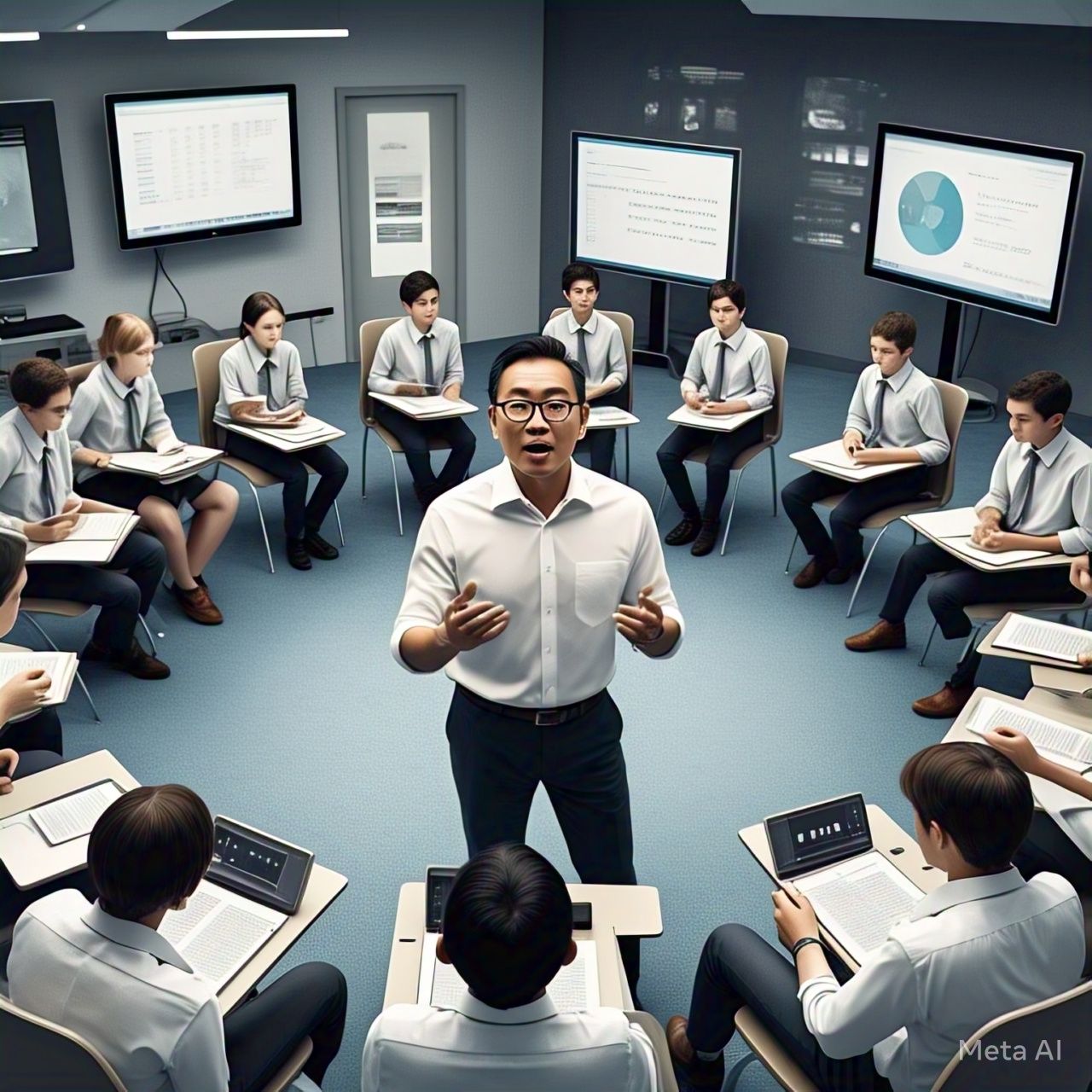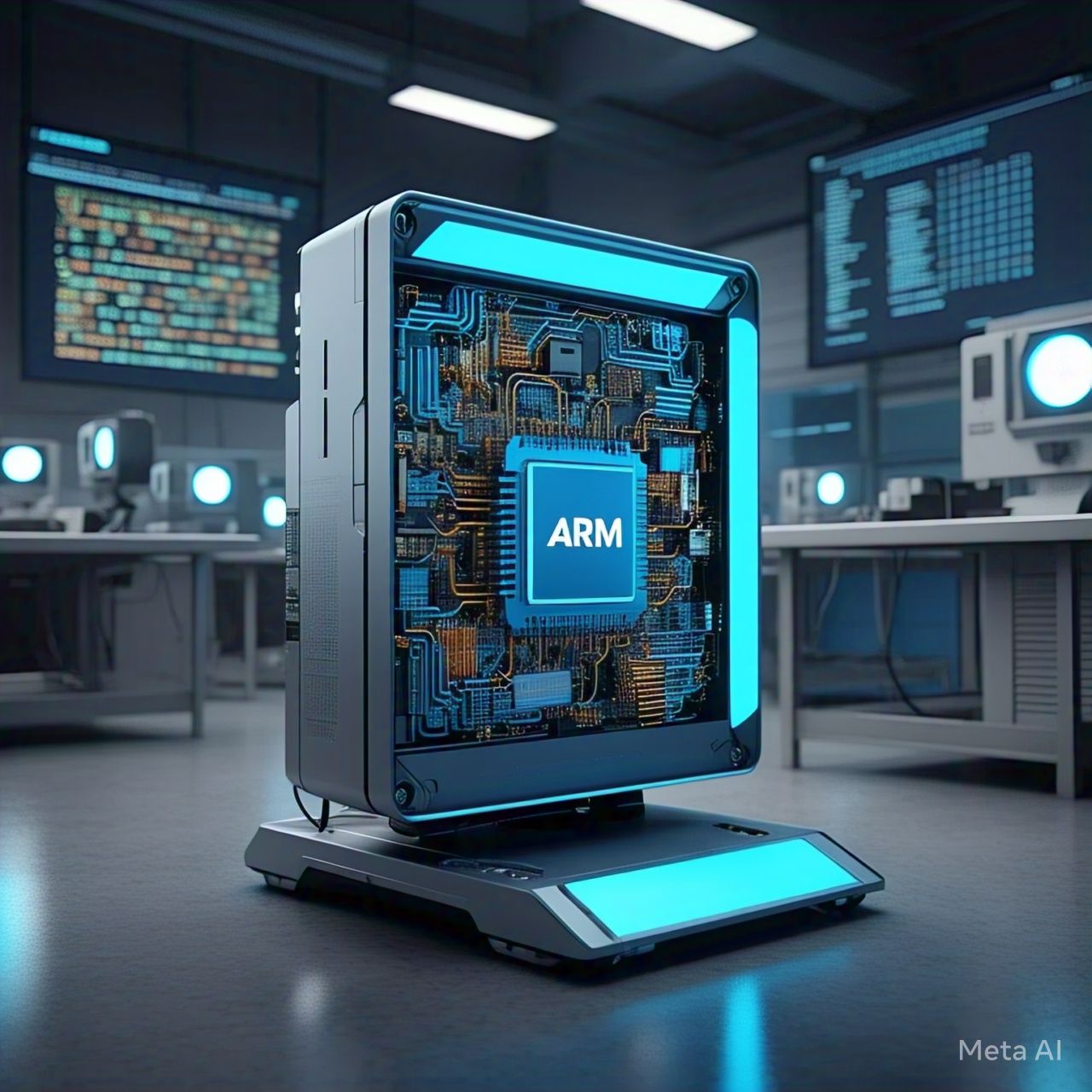Table of Contents
Introduction
What is AI-Driven Code Generation?
How AI Code Generation Works
Benefits of AI-Generated Code
Increased Productivity
Reduced Errors and Bugs
Faster Prototyping
Improved Accessibility
Challenges and Limitations
Lack of Creativity and Innovation
Security Risks
Dependence on AI Models
Ethical Considerations
AI vs. Human Programmers: A Comparative Analysis
Will AI Replace Human Programmers?
The Future of AI-Driven Development
Conclusion
FAQs
1. Introduction
Artificial Intelligence (AI) has transformed various industries, and software development is no exception. AI-driven code generation tools like GitHub Copilot, OpenAI Codex, and DeepCode are revolutionizing the way developers write code. With these advancements, many wonder: Will AI make human programmers obsolete? This article explores AI’s role in software development, its benefits and limitations, and whether it poses a real threat to programmers.
2. What is AI-Driven Code Generation?
AI-driven code generation refers to the use of machine learning models to write, complete, or optimize code. These AI tools analyze vast amounts of programming data to suggest code snippets, fix errors, and even generate entire functions based on natural language prompts.
3. How AI Code Generation Works
AI-driven code generation relies on deep learning models trained on vast code repositories. Here’s how it works:
Input Analysis – The AI processes user prompts or partially written code.
Pattern Recognition – It recognizes syntax, libraries, and best practices.
Code Generation – The AI suggests or generates appropriate code snippets.
Optimization & Debugging – Some tools also detect and fix potential issues.
4. Benefits of AI-Generated Code
4.1 Increased Productivity
AI-driven tools help developers write code faster by suggesting relevant snippets and automating repetitive tasks.
4.2 Reduced Errors and Bugs
AI can identify syntax errors, logical issues, and security vulnerabilities, leading to cleaner and more reliable code.
4.3 Faster Prototyping
Startups and enterprises can rapidly prototype applications without needing extensive coding expertise.
4.4 Improved Accessibility
AI-powered tools make coding more accessible to non-programmers, enabling broader participation in software development.
5. Challenges and Limitations
5.1 Lack of Creativity and Innovation
AI can generate code, but it lacks the ability to innovate, requiring human expertise for creative problem-solving.
5.2 Security Risks
AI-generated code may introduce vulnerabilities, especially if trained on unverified or outdated datasets.
5.3 Dependence on AI Models
Over-reliance on AI tools may result in developers losing critical problem-solving skills.
5.4 Ethical Considerations
AI-driven code generators often use open-source code, raising concerns about copyright and licensing issues.
6. AI vs. Human Programmers: A Comparative Analysis
Feature
AI-Driven Code Generation
Human Programmers
Speed
Faster
Slower but more accurate
Error Handling
Reduces syntax errors
Can handle complex logic
Creativity
Limited
High innovation potential
Security
Potential vulnerabilities
Better at securing code
Debugging
Can detect issues
Can analyze and resolve deeper problems
7. Will AI Replace Human Programmers?
AI is enhancing, not replacing software developers. While AI-driven tools automate mundane tasks, human expertise is essential for:
Complex problem-solving
Software architecture and design
Ethical and security considerations
Creative solutions and user experience
8. The Future of AI-Driven Development
The future of AI in coding will likely involve:
AI-Assisted Development – More advanced tools will streamline coding but still require human oversight.
Better Security Measures – AI-generated code will incorporate stronger security practices.
More Human-AI Collaboration – Developers will work alongside AI, leveraging automation while focusing on innovation.
9. Conclusion
AI-driven code generation is revolutionizing software development by boosting efficiency, reducing errors, and making coding more accessible. However, AI cannot replace the problem-solving, creative, and security-conscious abilities of human programmers. Instead, it serves as a powerful assistant that enhances productivity while allowing developers to focus on higher-level software design and innovation.
10. FAQs
10.1 Can AI write an entire software application?
AI can generate code snippets and simple applications, but complex software still requires human intervention for architecture and security considerations.
10.2 What are the best AI-driven code generation tools?
Popular AI tools include GitHub Copilot, OpenAI Codex, Tabnine, and Kite.
10.3 Will AI reduce the need for junior developers?
AI may automate some junior-level coding tasks, but human developers are still essential for debugging, testing, and architectural decisions.
10.4 Is AI-generated code secure?
Not always. AI-generated code can introduce security vulnerabilities if not reviewed by human experts.
10.5 How can programmers stay relevant in the AI era?
Developers should focus on problem-solving, security expertise, software design, and learning AI-assisted coding techniques to remain competitive in the industry.
By understanding the role of AI in software development, programmers can embrace AI-driven tools to enhance productivity and innovation while securing their place in the industry.




